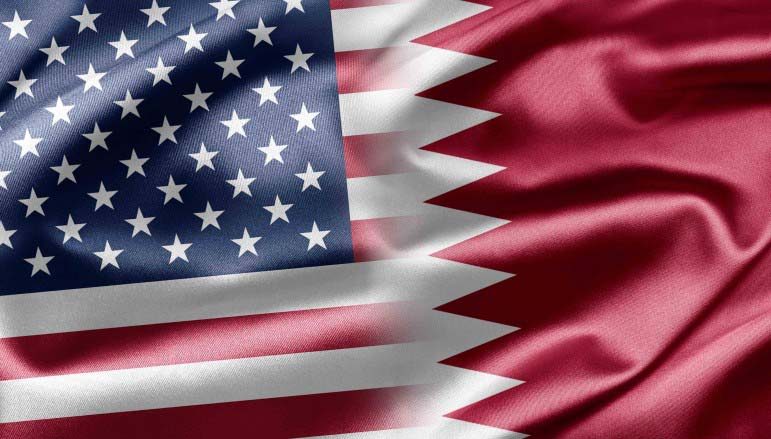
“Qatar is a family business with a seat at the United Nations. It doesn’t really matter who owns Al Jazeera or Qatari Diar (the state-owned real estate investment company) because it’s all part of the same family business.”
–Chase Untermeyer, business consultant and former US ambassador to Qatar, in a recent Washington Post article about the country’s increasing investment in American projects.
According to the article, a multitude of recent and ongoing Qatar-related investments in the US is being seen as a part of a larger plan by the nation – and the ruling Al Thani family – to strengthen its relationship with the superpower.
Among its US-related interests:
- City CenterDC, a $1 billion development and one of the US’s largest construction projects. Qatar became involved in 2010, when the Qatari Diar Real Estate Investment Co., an arm of the nation’s sovereign wealth fund, put up $622 million;
- Al Jazeera America, which was launched in August after Qatar bought Current TV for a reported $500 million;
- Government-owned Qatar Airways’ expansion into Dallas, Miami and Philadelphia in 2014, as well as plans to spend $19 billion on 50 Boeing 777 aircraft; and
- A five-fold jump in the number of Qatari students studying in the US over the past decade, as well as Qatar Foundation International’s $5 million budget this year to encourage American schools to teach Arabic.
But why the Gulf nation, which also hosts the largest US military base in the region, is focused on investing in America remains up for speculation. The Post reports:
Some analysts say Qatar’s U.S. investments are part of a global strategy of creating “interdependencies,” protecting the tiny state against such powerful neighbors as Saudi Arabia and Iran by creating strong economic bonds with countries such as Britain and the United States…
“This is a very small, wealthy country in a very bad neighborhood,” (another former US ambassador, Patrick) Theros. “The way you establish security is to create and deepen relationships.”
Others argued that there is no master plan. David Roberts, former head of the British think tank Royal United Services Institute (RUSI) in Doha, told the newspaper:
“You’ll drive yourself mad trying to find an overarching plan behind all the Qatari moves. For two decades, there’s been a view that you should go forth and prosper, get into the most prestigious sports tournaments and build the brand, not just get a return on investments.”
Thoughts?







